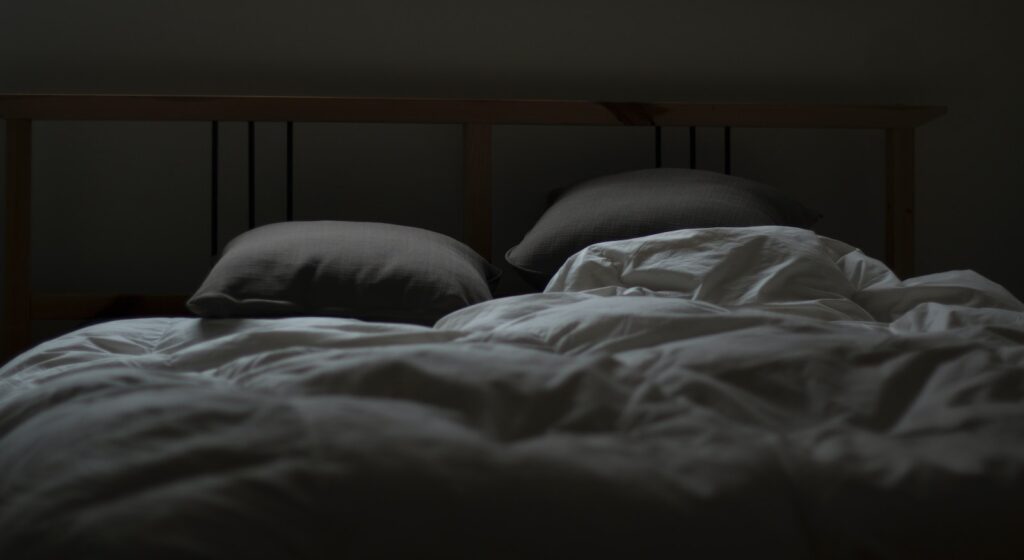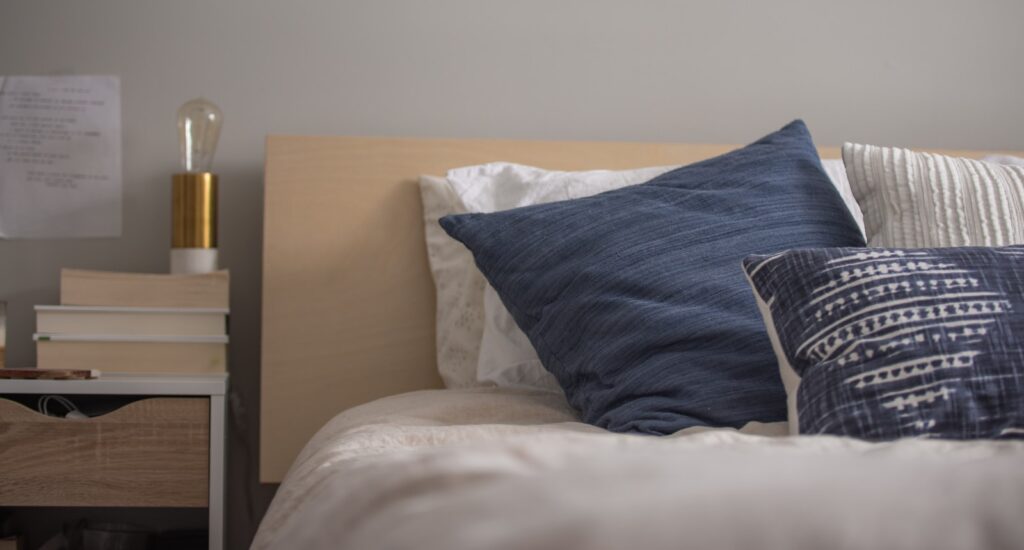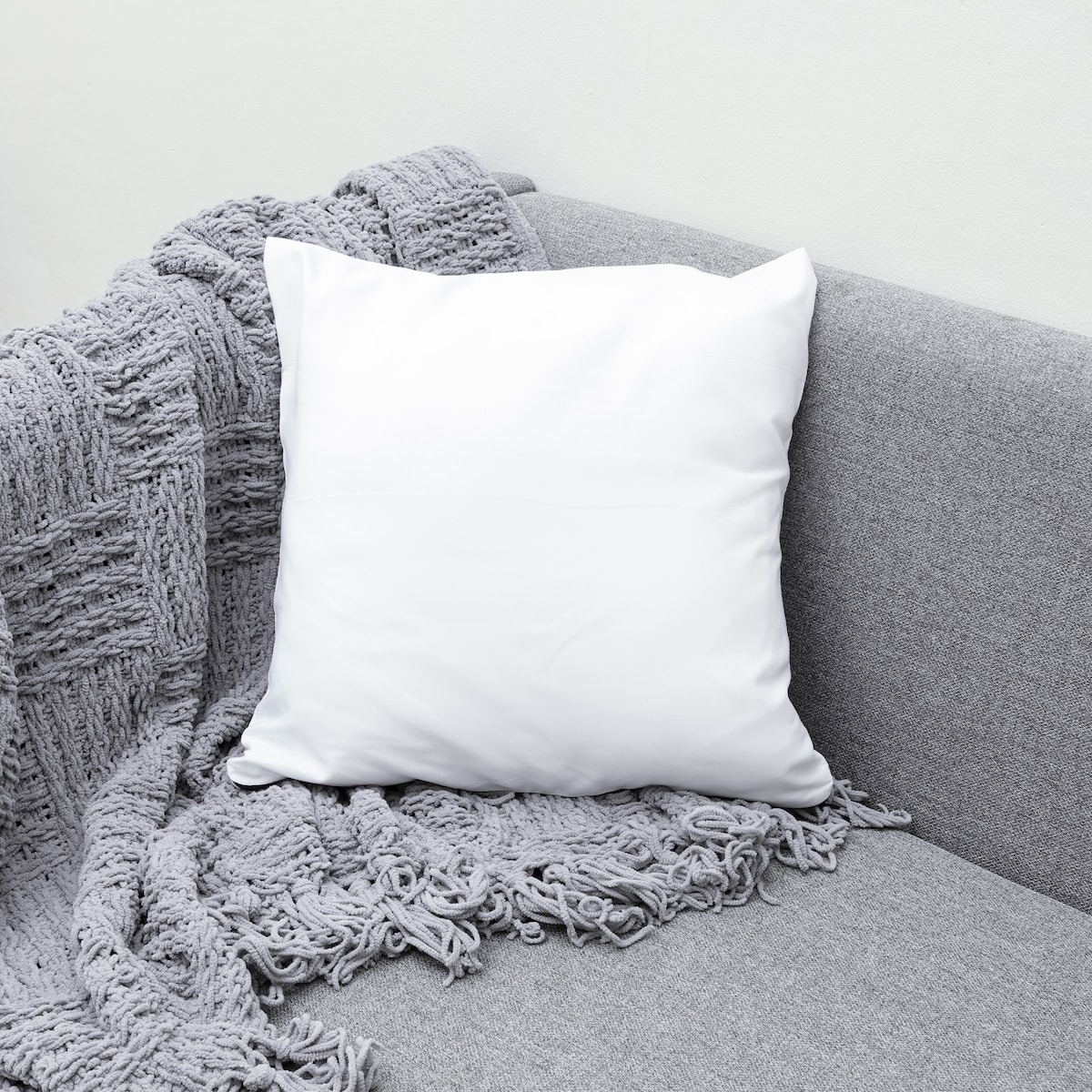Create a Sleep-Conducive Environment
Your sleep environment plays a pivotal role in determining the quality of your sleep. Optimizing your surroundings for restfulness can work wonders. Start by ensuring your bedroom is cool, dark, and quiet. Consider investing in blackout curtains to keep out unwanted light, and use earplugs or a white noise machine to muffle disturbances. A comfortable mattress and supportive pillows are also essential for maintaining proper sleep posture and reducing discomfort throughout the night.

Set a Consistent Sleep Schedule
Consistency is key when it comes to regulating your body’s internal clock. Aim to go to bed and wake up at the same time every day, even on weekends. This practice helps synchronize your circadian rhythm, making it easier to fall asleep and wake up naturally. Over time, your body will adapt to this routine, making it simpler to achieve restful sleep night after night.

Mind Your Diet and Hydration
Believe it or not, what you eat and drink can significantly impact your sleep quality. Avoid heavy or spicy meals close to bedtime, as they can cause discomfort and indigestion. Additionally, cut back on caffeine and alcohol intake, especially in the hours leading up to sleep. Instead, opt for a light snack rich in sleep-inducing nutrients, such as bananas, nuts, or warm milk. Staying hydrated is also crucial, but try to limit fluid intake in the evening to prevent middle-of-the-night trips to the bathroom.

Unplug from Electronics
In today’s digital age, our screens often dominate our evenings. However, the blue light emitted by phones, tablets, and computers can suppress the production of melatonin, a hormone that regulates sleep. To counteract this, establish a “screen curfew” at least an hour before bedtime. Engage in calming activities instead, such as reading a physical book, practicing gentle yoga, or taking a relaxing bath.

Prioritize Physical Activity
Regular exercise offers a plethora of benefits, including improved sleep quality. Engaging in moderate aerobic activities, such as brisk walking or swimming, can help you fall asleep faster and enjoy deeper sleep cycles. Aim for at least 30 minutes of exercise most days of the week, but try to finish your workout at least a few hours before bedtime to allow your body temperature to cool down.

Practice Relaxation Techniques
Calming your mind before bed can make a world of difference in your sleep quality. Explore relaxation techniques such as deep breathing exercises, progressive muscle relaxation, or mindfulness meditation. These practices can help alleviate stress and anxiety, allowing you to enter a more peaceful state of mind conducive to restful sleep.

Invest in Sleep-Supportive Bedding
Your choice of bedding can significantly impact your sleep comfort. Look for breathable, moisture-wicking sheets and pillowcases that help regulate your body temperature throughout the night. Additionally, consider using a weighted blanket, which has been shown to promote relaxation and improve sleep quality by providing gentle, even pressure across the body.

Create a Pre-Bedtime Routine
Establishing a calming pre-bedtime routine signals to your body that it’s time to wind down. Engage in soothing activities like sipping herbal tea, journaling, or practicing light stretching. As you consistently follow this routine, your mind and body will associate these activities with sleep, making it easier to transition into a restful slumber.

Limit Daytime Naps
While a short daytime nap can offer a quick energy boost, excessive napping can interfere with nighttime sleep. If you find yourself needing to nap during the day, aim for a brief nap of about 20-30 minutes in the early afternoon. This can help alleviate drowsiness without disrupting your nighttime sleep patterns.

Seek Professional Guidance
If you’ve tried various sleep hacks and are still struggling with sleep issues, it may be time to seek professional help. Consult a healthcare provider or a sleep specialist to address underlying sleep disorders such as insomnia or sleep apnea. These experts can provide tailored advice and treatment options to help you achieve the restful night’s sleep you deserve.

Incorporating these 10 sleep hacks into your routine can pave the way for a restful night’s sleep that leaves you feeling refreshed and revitalized each morning. Remember, optimizing your sleep patterns is a journey that requires patience and consistency. By creating a sleep-conducive environment, adhering to a consistent sleep schedule, and implementing relaxation techniques, you’ll be well on your way to experiencing the benefits of a rejuvenating slumber.
Prioritize your sleep – after all, it’s not just a luxury; it’s a vital component of overall well-being. Say goodbye to sleepless nights and hello to a new era of peaceful slumber. Sweet dreams!
















